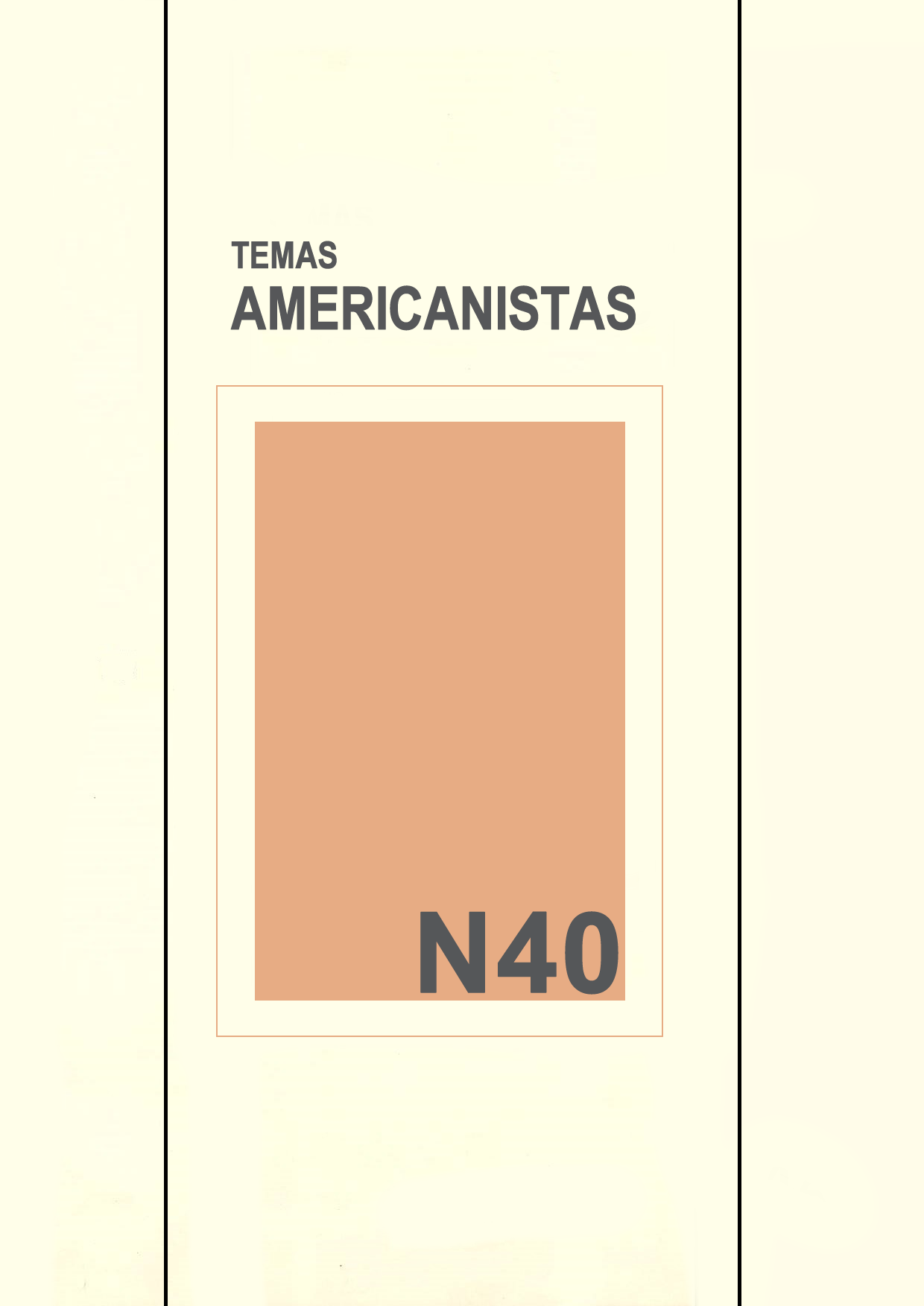Abstract
This article analyzes the imperial transition that occurred in the western Caribbean in the late 18th century and early 19th century after Great Britain ceded San Andrés, Providence and the Miskito Coast to the Spanish crown in the peace treaty of 1783. This territory, under British influence for over a century, became a challenge to Hispanic authority. It is shown here that the territory the British ceded, while important for their business operations, was difficult to control because the Miskito peoples (zambos, mestizos and blacks) were quite capable of negotiating and protecting their interests, including by force. In this sense, we show how the construction of a colonial domain and the establishment of Spanish society in the archipelago of San Andrés and Providence and on the Miskito Coast involved limitations and costs for the crown that impeded its success.

